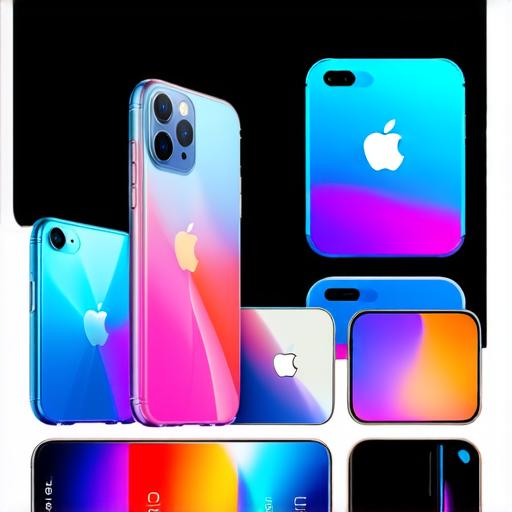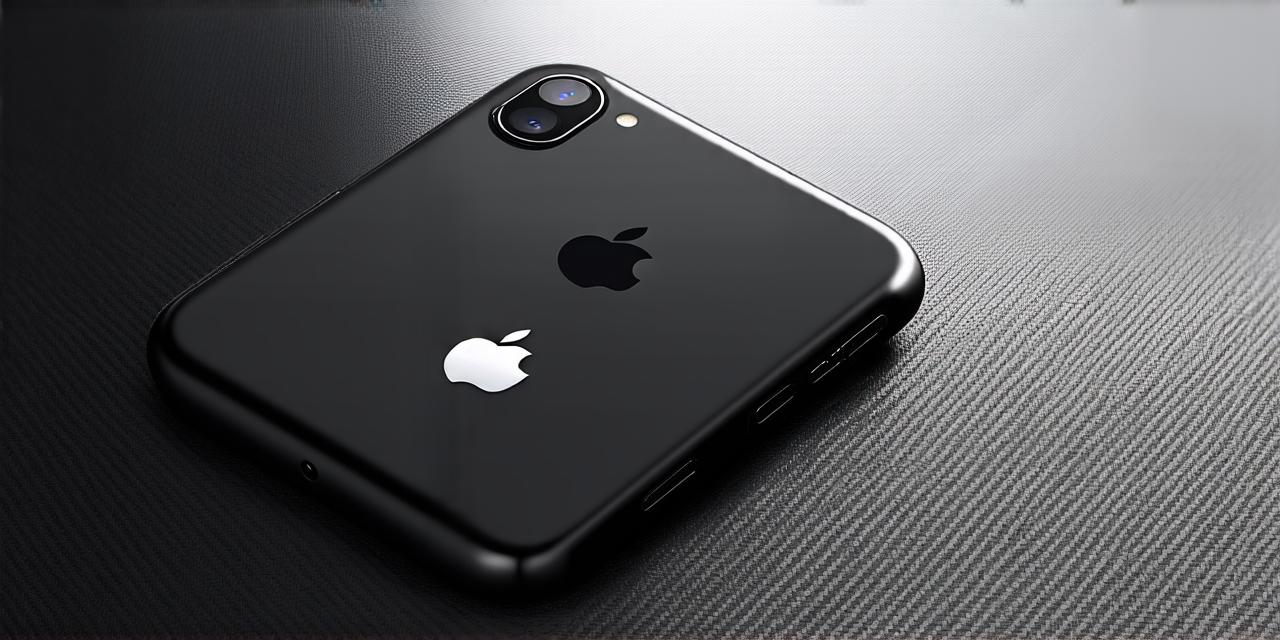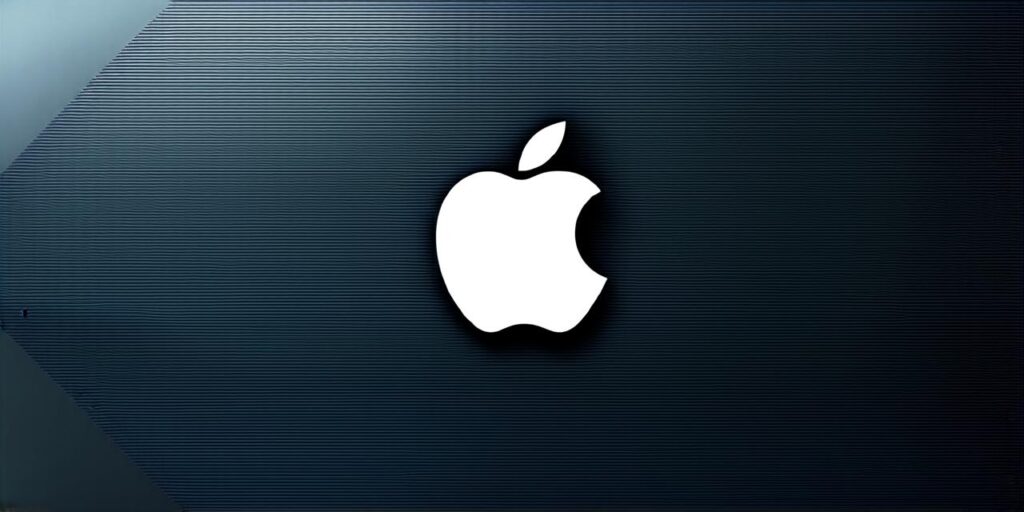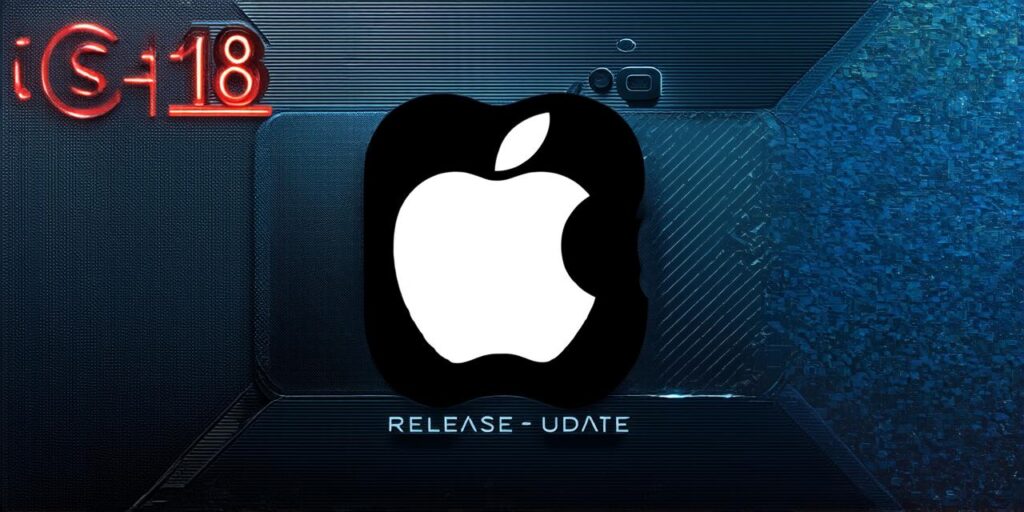iOS 18 is set to launch soon, and it’s important for iPhone users to know which devices will be able to run this new version of Apple’s mobile operating system. In this article, we will explore which iPhones are compatible with iOS 18, and why some may not be able to run it.
Introduction
iOS 18 is the latest version of Apple’s mobile operating system, set to launch in the near future. This update brings a range of new features and improvements, including enhanced privacy settings, improved battery life, and a redesigned Control Center. But before you upgrade your phone to iOS 18, it’s important to know which devices will be able to run it.
Compatibility with iOS 18
iOS 18 is designed to work on a range of iPhones, but not all devices will be compatible. The following iPhones are known to be compatible with iOS 18:

- iPhone 13 Pro Max
- iPhone 12 Pro Max
- iPhone 11 Pro Max
- iPhone XS Max
- iPhone X
- iPhone 8 Plus
- iPhone 7 Plus
In contrast, the following iPhones are not compatible with iOS 18:
* iPhone 6s
* iPhone 6s Plus
* iPhone SE (first generation)
* iPhone 5s
* iPhone 5c
* iPhone 4s
Why some iPhones may not be able to run iOS 18
There are several reasons why some iPhones may not be compatible with iOS 18. One reason is that these devices may not have the necessary hardware or processing power to run the new version of the operating system. For example, the iPhone 4s and iPhone 5c were released in 2012 and 2013, respectively, and may not have the necessary hardware to handle the demands of iOS 18.
Another reason why some iPhones may not be compatible with iOS 18 is that they may not have enough storage space to run the new version of the operating system. Apple recommends that users have at least 5GB of available storage space on their device before upgrading to a new version of iOS. If your iPhone does not have enough storage space, it may not be able to run iOS 18.
Finally, some iPhones may not be compatible with iOS 18 because they may be running an older version of the operating system that is no longer supported by Apple. In these cases, users will need to upgrade to a newer version of iOS before they can run iOS 18.
Case Studies: Upgrading to iOS 18
Upgrading to a new version of iOS can be a daunting task for some iPhone users, but it’s important to know the benefits that come with it. In this section, we will explore some real-life examples of users who have upgraded to iOS 18 and the positive impact it has had on their devices.
Case Study 1: John, a software developer
John is a software developer who uses his iPhone for both personal and professional purposes. He recently upgraded to iOS 18 and has noticed a significant improvement in the speed and stability of his device. He also appreciates the enhanced privacy settings that come with the new version of the operating system, which gives him more control over his data and information.
Case Study 2: Sarah, a student
Sarah is a college student who relies heavily on her iPhone for note-taking, research, and communication. She upgraded to iOS 18 a few weeks ago and has been impressed by the improved battery life that comes with the new version of the operating system. She also appreciates the redesigned Control Center, which makes it easier for her to access important settings and features on her device.



